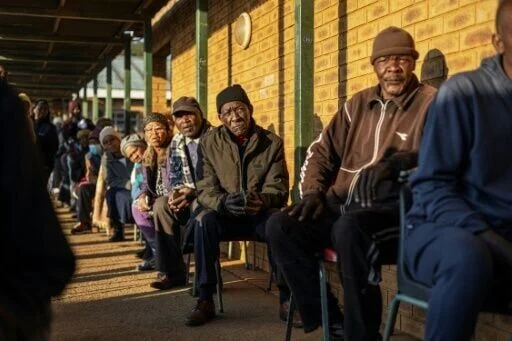
South Africa’s ruling ANC is scrambling to find allies to form a new government after losing its absolute majority in a landmark election. With 99.62% of votes counted from Wednesday’s election, President Cyril Ramaphosa’s ANC secured only 40%, a sharp decline from the 57.5% it achieved in 2019.
This historic shift marks the end of the ANC’s dominance since 1994 when Nelson Mandela led the nation into democracy. The ANC must now negotiate a coalition government or seek backing from other parties to support Ramaphosa’s re-election and enable a minority administration.
“We have been talking with everybody even before the election,” said ANC’s deputy secretary general Nomvula Mokonyane, noting that the party’s NEC would soon decide on a course of action.
Data from the Independent Electoral Commission (IEC) showed the centre-right Democratic Alliance (DA) in second place with 21.71%, up slightly from 2019. The DA, governing Western Cape province, promotes a free-market agenda, contrasting with the ANC’s left-wing traditions.
DA party chairwoman Helen Zille acknowledged that while formal negotiations hadn’t started, “some channels have been opened.” She did not rule out the possibility of a minority government, a novel concept for South Africa.
The ANC’s reduced vote share wasn’t due to a DA surge but to former President Jacob Zuma’s new party, uMkhonto weSizwe (MK), which gained 12.6%. The radical leftist Economic Freedom Fighters (EFF), led by former ANC youth leader Julius Malema, secured 9.4%.
Malema and Zuma, both former ANC members, are considered more natural coalition partners for the ANC. However, the DA has dubbed this potential alliance the “Doomsday Coalition.” Analyst Susan Booysen described the EFF as “too erratic” and highlighted the deep rift between Ramaphosa and Zuma.
MK spokesman Nhlamulo Ndhlela confirmed, “We will engage with the ANC but not the ANC of Cyril Ramaphosa.” He insisted any coalition partner must amend the constitution for radical reforms and pardon Zuma, who faces a contempt of court conviction.
Malema expressed willingness to discuss a coalition but maintained firm demands, including land reform. “We are not desperate, and we will not compromise on our demands and principles,” he said.
The far-right Patriotic Alliance (PA), led by Gayton McKenzie, unexpectedly won 2% of the vote. McKenzie, a convicted robber turned politician, said he was open to talks with all parties but stressed that a hard stance against illegal immigration was non-negotiable.
“We will work with any party, we’ve got no preference,” McKenzie stated. “When power goes you work with everyone.”
